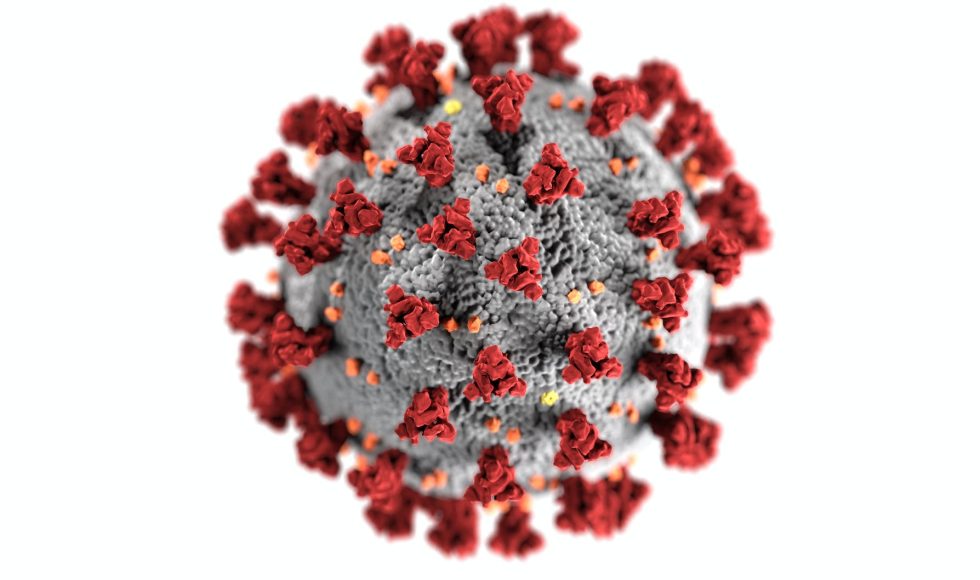Adaptive sampling and real-time in silico enrichment have come up frequently in the last couple of months. I still haven’t used this feature and want to learn more. Tonight I watched the London Calling 2022 session by Alex Sneddon from the Australian National University entitled “RISER: real-time in silico enrichment of RNA species from nanopore […]
Victoria Shabardina from the Institute of Evolutionary Biology (UPF-CSIC) in Spain presented at London Calling 2022 on “Enigmatic genome of Abeoforma whisleri helps our understanding of the origin of animals.” This eleven-minute session has an intriguing title: what is A. whisleri? They spoke about the origin of multicellularity and the closest unicellular relatives. The organisms […]
Continuing with London Calling 2022 videos, tonight I watched the session with Glen Gowers & Bupe Mwambingu from Basecamp Research. They spoke about “Responsible Exploration of our planet’s biodiversity towards discovery-enabled biodesign.” This was a showcase presentation with a few slides and and questions from the audience. Gowers is the cofounder of Basecamp Research. Mwambingu […]
I am still thinking about the Nanopore talk I watched yesterday. I now want to try using Flongle flow cells again! Tonight, I watched Douglas Mendel from the University of Sao Paulo, Brazil present at London Calling 2022. The session was only six minutes long and had the intriguing title: “Comparative metagenomics of natural and […]
I was excited to come across an Oxford Nanopore Technologies YouTube video from London Calling 2022 that included the use of the Flongle! Abigail Stack from Bayer Crop Sciences spoke about “The POREtal to advancing plant diagnostics: Flongle for tomato bacterial race typing and beyond.” Stack started by explaining their role as a plant pathologist […]
Christian Stevens from the Icahn School of Medicine at Mount Sinai presented at London Calling 2022 on “de novo assembly of immunoglobulin loci linked to full-length single-cell transcriptome of antigen-specific plasmablasts.” I was curious: what are plasmablasts? Stevens described the project as a subject who receives an MMR vaccine, at day six they extract PBMCs, […]
Mashiat Mimosa from the University of Toronto, Canada, spoke about “Optimization and validation of a nanopore-based sequencing method for potential molecular testing of CNS tumours.” Mimosa explained that brain tumors are the leading cause of cancer-related deaths worldwide, and glioma brain tumors account for >80% of all malignant tumors! Glioma diagnostic algorithm is very complex […]
Alejandro Gener from the Association of Public Health Laboratories & Los Angeles County Public Health Laboratories, presented at London Calling 2022. Gener presented on “Assembly deconvolution resolves SARS-CoV-2 haplotypes in Delta-Omicron co-infections.” They described that between December 2021 and January 2022 Delta and Omicron strains of SARS-CoV-2 were circulating. Public health labs had to rule […]
Reindert Nijland from the Wageningen University in the Netherlands wanted to teach more students about Nanopore and long-read sequencing. Nijland presented at the 2022 London Calling conference a very short (three minute) session describing how they use “Nanopore sequencing for biodiversity assessment in an educational setting.” They developed an Advanced Molecular Ecology course to help […]
Alvin Ng from the Early Cancer Institute at the University of Cambridge in the UK presented at London Calling 2022 on “Early detection of Barrett’s esophagus and esophageal adenocarcinoma using Oxford Nanopore long-read sequencing.” They began by explaining Barrett’s esophagus (BE) as the pre-malignant condition of esophageal adenocarcinoma (EAC) and has three stages: non-dysplastic, low-grade […]











